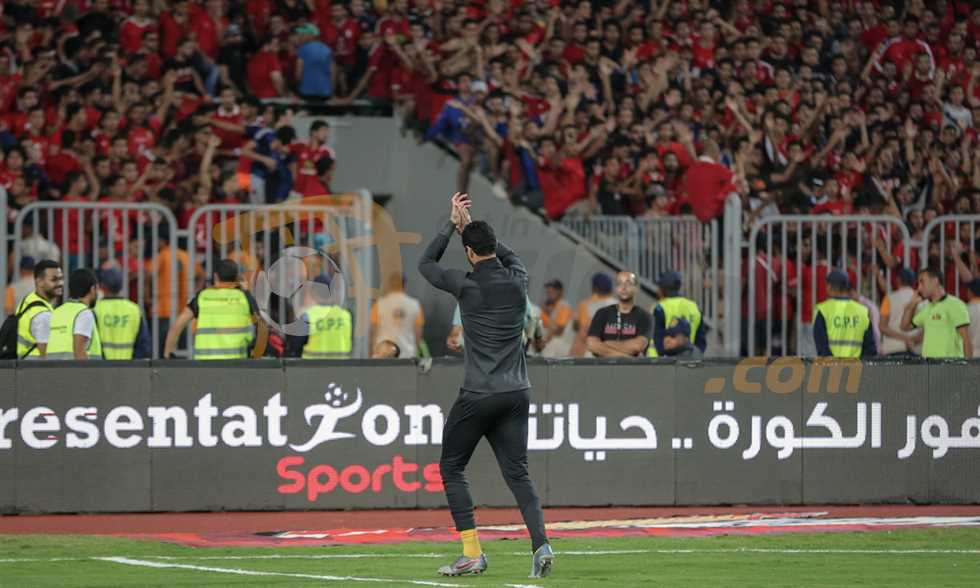For the first time, 70 scientists held a conference on Covid-19 in Brussels today / Wednesday. Erika Vlieghe, one of the initiators, explains the intention afterwards: “This should result in a scientific association that meets regularly, whether or not to issue advice or to sketch elements for and against with scientific substantiation”.
–
It was in the Royal Flemish Academy of Belgium for Sciences and Arts in Brussels that the scientists gathered all day long to listen to each other and exchange ideas. Virologist Emmanuel André knows that the virus is not a matter for virologists alone. “Today we know that the crisis is not just a biomedical matter. It has become much more complex. To tackle them, we also need psychologists, anthropologists, cartographers, economists, and they came together here. ” The symposium was physical, not online. For many it was the first conference since February-March. Participants wore their mouth masks all day long and kept their distance.
The day started with a speech by Hans Kluge, Director of Europe for the World Health Organization. Biostatistician Niel Hens sketched where we now stand scientifically, talking about the reproduction rate, mathematical projection models, and also shed his light on where the uncertainty lies. The topic of economist Mathias Dewatripont’s lecture was the macroeconomic consequence of the crisis. Motivational psychologist Maarten Van Steenkiste explained how to get a population along. The fact that giving employee participation to people is very important was strongly emphasized in his speech. Virologist Peter Piot, who himself had become infected with the virus, gave an international picture from London. Finally, statistician Geert Molenbergs gave an overview of the corona measures and corona figures in various European countries.
Working groups
In the afternoon, experts from different disciplines thought in working groups on various themes: wearing mouth masks, compulsory or release, contact tracing testing quarantine, policy around schools.
“We have long missed an in-depth debate”, Erika Vlieghe acknowledges. “We were all very busy with the first wave, then the exit, then the second wave. But because policymakers are now asking us for input on how to learn to live with that virus, we just had to do this conference. The media often focuses on one or two topics, the bubble of five discussion and the mouth masks not to mention, and here the debate was much richer. That was nice. The aim of this meeting is not to solve punctual policy questions here and now, but to hold a rich debate, from which you can then draw inspiration to reform the bubble of five, for example. ”
Necessary
Epidemiologist Pierre Van Damme also saw in recent weeks that this initiative was necessary: “You can feel the polarization, just think of the open letters (Lieven Annemans, Geert Noels and Stijn Baert, and others wrote an open letter with fierce criticism of the Covid-19 policy, ed.) and those discussions in the media where one day says this and the other says so the next. Rather than let it escalate in the press, it is better to have the discussion here, among scientists, at a conference to reach a consensus or, if we don’t get there, explain why there is no unanimity. The intention is that we can offer our consensus ideas to policy. We want to have a white paper ready within a month. “
– .


